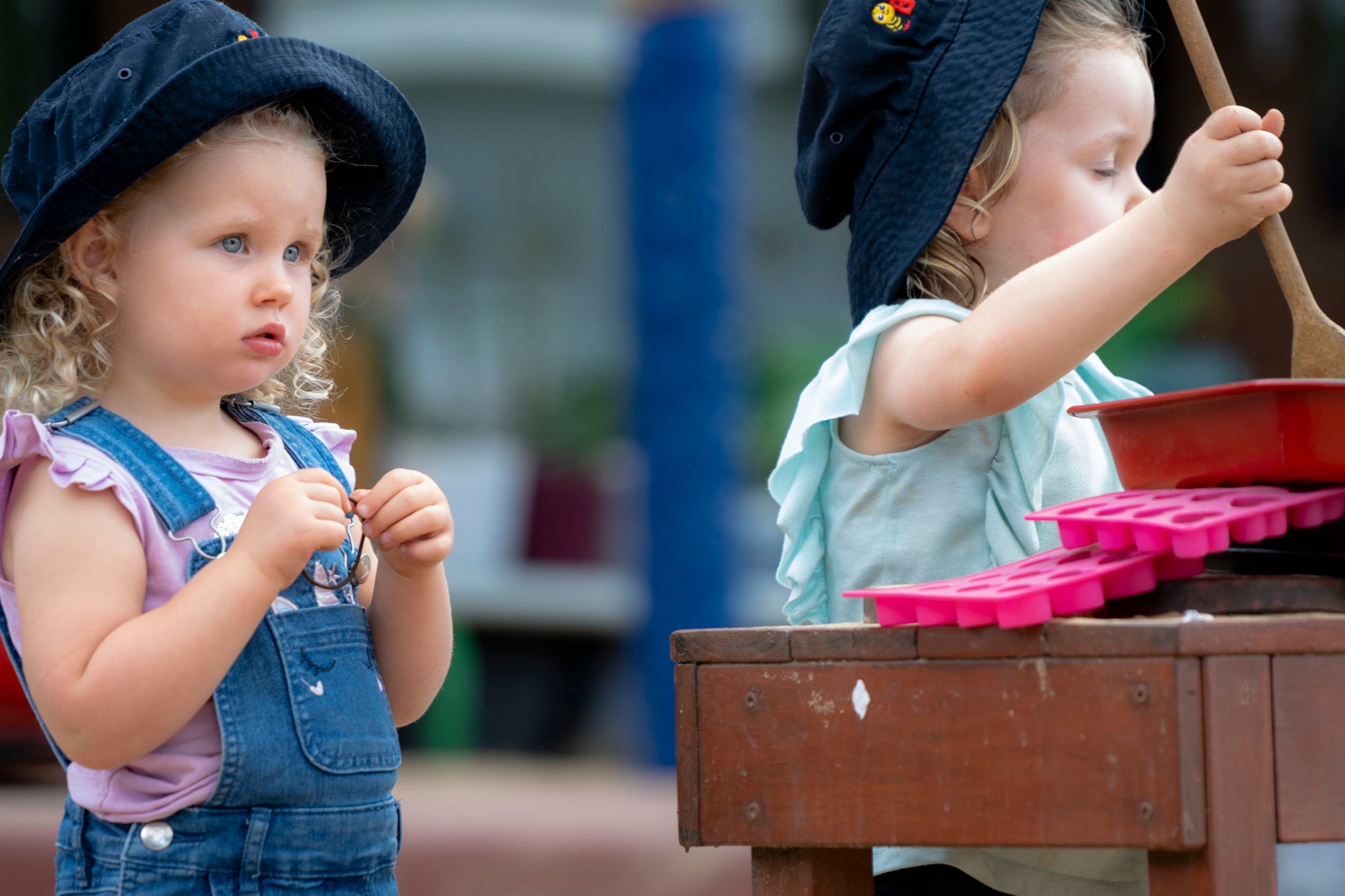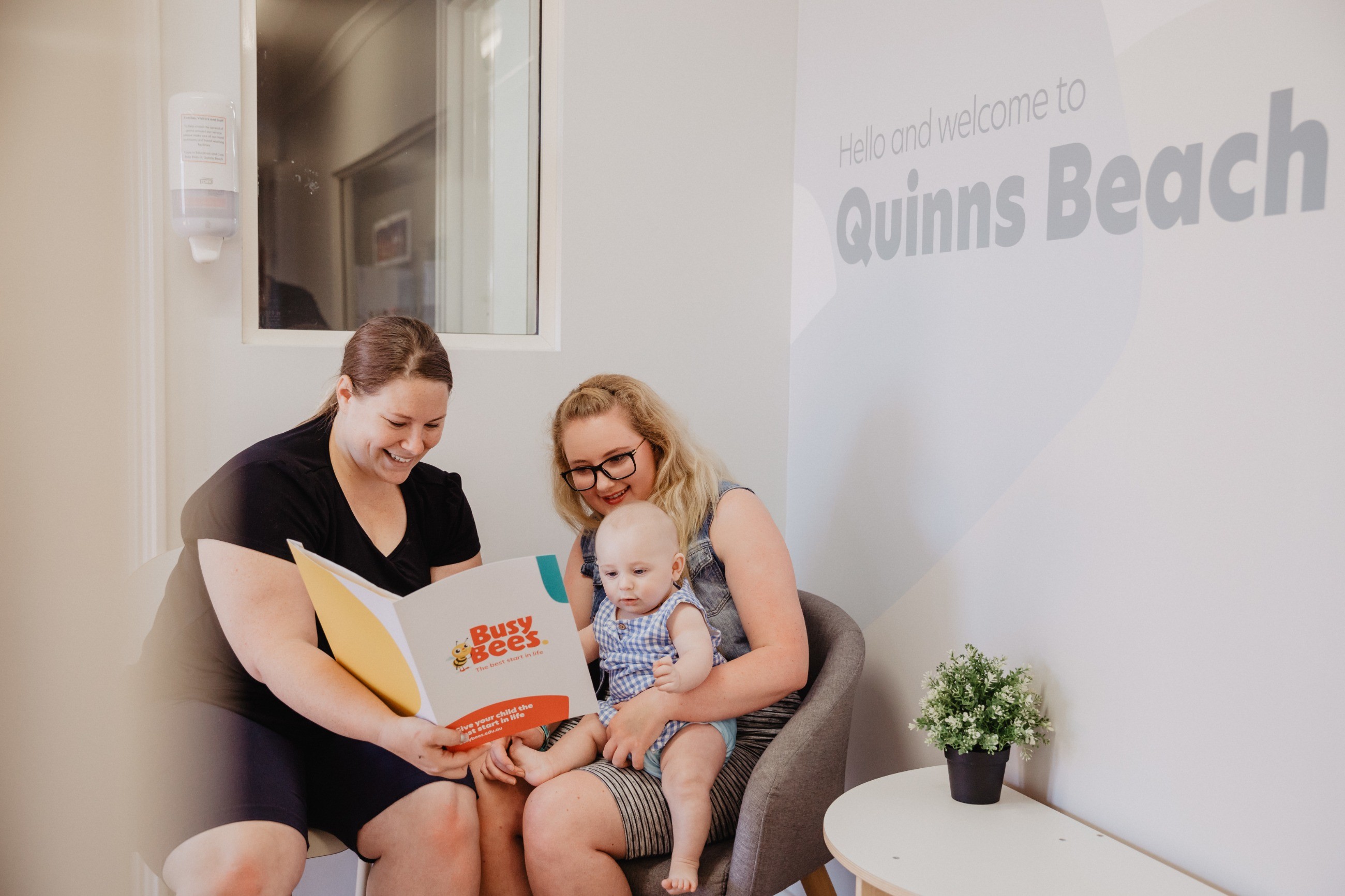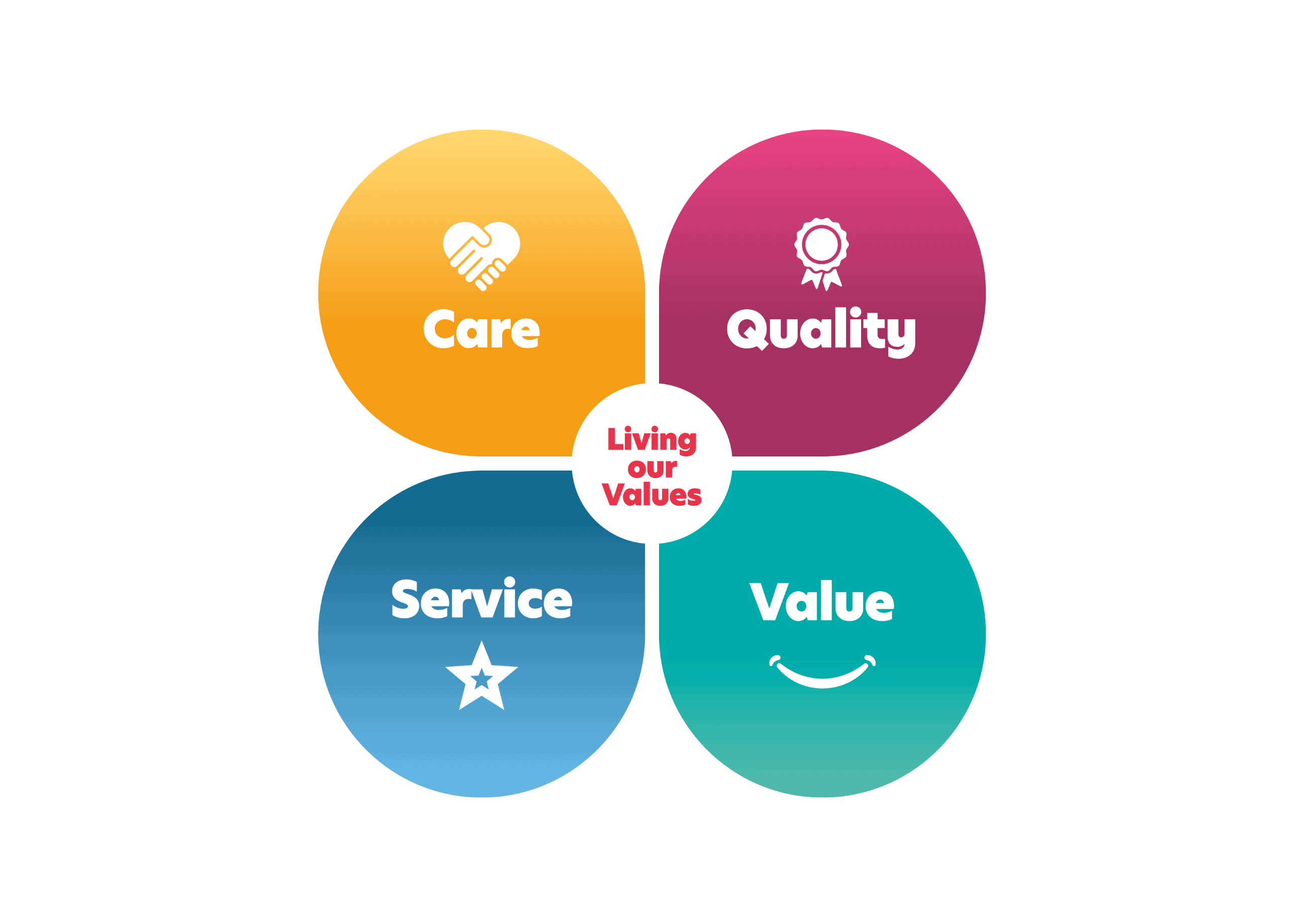
“We began 2020 in an environment never experienced before with Australia in the grips of fire, drought and later flood. Before many communities had time to recover, we found ourselves thrust into a pandemic.
“Throughout the environmental crises communities drew together, mobilising efforts and helping each other, and early educators were a vital part of this response. In the midst of this pandemic, the support that early educators offer to vulnerable families has been deemed essential.”
– Michele Carnegie, CELA CEO
Research shows that access to at least two years of quality Early Learning is crucial for supporting the development of all children to ensure their next big steps into school can start off on the right foot.
However, when it comes to vulnerable and disadvantaged children, the support of Early Childhood Education and Care (ECEC) Services provides an essential safe space and a calm and nurturing learning environment, while also helping to identify developmental problems early.
As Early Education professionals, we know that the ages of 0-5 are the most important years for brain development in children, and it’s during this time that we need to respond to developmental delays. Interventions such as speech pathology, for example, are most effective during the early years to support children to play, learn and interact with other children, and progress through their education.
If children start school behind, studies show they tend to stay behind. So for already disadvantaged children, early learning is a lifeline to a better education for the rest of their lives.

Supporting Vulnerable Families
The economic impact of COVID-19 will create additional stresses and domestic hardships for many Families who were already feeling the strain. Key risk factors for children in vulnerable households includes an increased rate of domestic violence due to Families isolating at home. In this time of forced isolation, and with minimal face-to-face interactions with support services, the risks of child maltreatment are increased.
While online education and remote learning is already in effect across many States, not all Families have the resources or ability to provide children with a safe and rich learning environment, no matter how much they might want to. Even with access to devices and all the right tools, if children do not have access to a calm, safe and stimulating environment to learn at home, they are already limited in how much they will be able to achieve. This is especially true for young toddlers who need guidance from a parent or Educator to help them follow instructions and stay on track.
It’s for this reason that ECEC Services remain open to support not just essential working Families, but vulnerable children as well. Educators are reaching out in a variety of ways, both at the Service and remotely, to work together with these Families to support their children’s needs.
Educators know their Families and their children, and continue to show incredible dedication to supporting their needs throughout this time, to ensure vulnerable Families can continue to access a safe and trusted place. These Families need our care now more than ever, and we continue to remain steadfast in our dedication to be open to support them.
Source: This article has been adapted from Community Early Learning Australia, via https://www.cela.org.au/2020/04/21/vulnerable-children/

